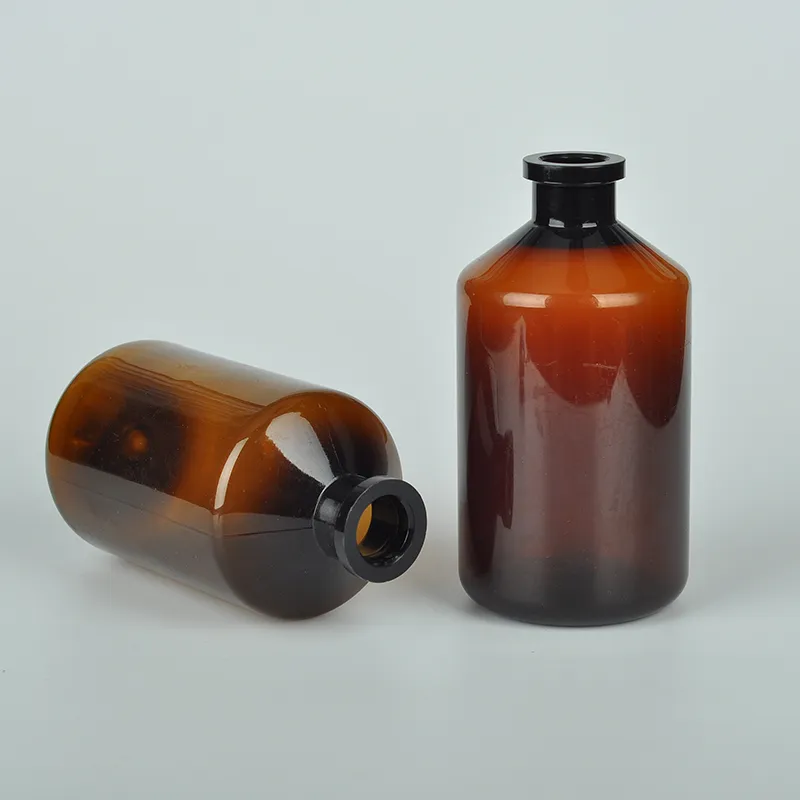
-
 Afrikaans
Afrikaans -
 Albanian
Albanian -
 Amharic
Amharic -
 Arabic
Arabic -
 Armenian
Armenian -
 Azerbaijani
Azerbaijani -
 Basque
Basque -
 Belarusian
Belarusian -
 Bengali
Bengali -
 Bosnian
Bosnian -
 Bulgarian
Bulgarian -
 Catalan
Catalan -
 Cebuano
Cebuano -
 Corsican
Corsican -
 Croatian
Croatian -
 Czech
Czech -
 Danish
Danish -
 Dutch
Dutch -
 English
English -
 Esperanto
Esperanto -
 Estonian
Estonian -
 Finnish
Finnish -
 French
French -
 Frisian
Frisian -
 Galician
Galician -
 Georgian
Georgian -
 German
German -
 Greek
Greek -
 Gujarati
Gujarati -
 Haitian Creole
Haitian Creole -
 hausa
hausa -
 hawaiian
hawaiian -
 Hebrew
Hebrew -
 Hindi
Hindi -
 Miao
Miao -
 Hungarian
Hungarian -
 Icelandic
Icelandic -
 igbo
igbo -
 Indonesian
Indonesian -
 irish
irish -
 Italian
Italian -
 Japanese
Japanese -
 Javanese
Javanese -
 Kannada
Kannada -
 kazakh
kazakh -
 Khmer
Khmer -
 Rwandese
Rwandese -
 Korean
Korean -
 Kurdish
Kurdish -
 Kyrgyz
Kyrgyz -
 Lao
Lao -
 Latin
Latin -
 Latvian
Latvian -
 Lithuanian
Lithuanian -
 Luxembourgish
Luxembourgish -
 Macedonian
Macedonian -
 Malgashi
Malgashi -
 Malay
Malay -
 Malayalam
Malayalam -
 Maltese
Maltese -
 Maori
Maori -
 Marathi
Marathi -
 Mongolian
Mongolian -
 Myanmar
Myanmar -
 Nepali
Nepali -
 Norwegian
Norwegian -
 Norwegian
Norwegian -
 Occitan
Occitan -
 Pashto
Pashto -
 Persian
Persian -
 Polish
Polish -
 Portuguese
Portuguese -
 Punjabi
Punjabi -
 Romanian
Romanian -
 Russian
Russian -
 Samoan
Samoan -
 Scottish Gaelic
Scottish Gaelic -
 Serbian
Serbian -
 Sesotho
Sesotho -
 Shona
Shona -
 Sindhi
Sindhi -
 Sinhala
Sinhala -
 Slovak
Slovak -
 Slovenian
Slovenian -
 Somali
Somali -
 Spanish
Spanish -
 Sundanese
Sundanese -
 Swahili
Swahili -
 Swedish
Swedish -
 Tagalog
Tagalog -
 Tajik
Tajik -
 Tamil
Tamil -
 Tatar
Tatar -
 Telugu
Telugu -
 Thai
Thai -
 Turkish
Turkish -
 Turkmen
Turkmen -
 Ukrainian
Ukrainian -
 Urdu
Urdu -
 Uighur
Uighur -
 Uzbek
Uzbek -
 Vietnamese
Vietnamese -
 Welsh
Welsh -
 Bantu
Bantu -
 Yiddish
Yiddish -
 Yoruba
Yoruba -
 Zulu
Zulu
plain centrifuge tube
Understanding Plain Centrifuge Tubes Essential Laboratory Tools
Centrifuge tubes are a fundamental component in many scientific laboratories, serving as a vital tool for researchers and technicians in various disciplines, including molecular biology, biochemistry, and clinical diagnostics. Among the different types of centrifuge tubes available, plain centrifuge tubes are particularly noteworthy due to their versatility and utility.
Plain centrifuge tubes are typically made of high-quality plastic or glass, designed to withstand the forces generated during centrifugation. They come in various sizes, commonly ranging from 1.5 mL to 50 mL, accommodating a wide array of sample volumes. The absence of any internal treatments or coatings makes these tubes ideal for general-purpose use. This simplicity ensures that the material does not interfere with the samples, making them suitable for applications such as nucleic acid purification, cell culture, and protein analysis.
One of the significant advantages of plain centrifuge tubes is their compatibility with various types of centrifuges. Most centrifuges come equipped with adaptors that can accommodate these tubes, making them a convenient choice for laboratories with diverse equipment. The design of these tubes allows for efficient sample separation based on density, leveraging centrifugal force to facilitate the sedimentation of particulates. This characteristic is particularly important for applications such as blood separation, where plasma, serum, or cellular components must be isolated.
plain centrifuge tube

Moreover, plain centrifuge tubes are essential for conducting experiments where contaminants must be minimized. Their non-reactive surfaces help prevent unwanted interactions between the sample and the tube material, ensuring the integrity of sensitive biological samples. Many laboratories prefer these tubes to avoid leaching of any additives that modified tubes might contain, providing peace of mind when conducting critical experiments.
Another essential aspect to consider is the clarity and transparency of these tubes. Plain centrifuge tubes typically allow researchers to visually inspect the sample contents without needing to open the tube, reducing the risk of contamination. The graduated markings on the side of the tubes also provide an easy way to measure and dispense exact volumes, which is crucial for accuracy in scientific experimentation.
In terms of storage, plain centrifuge tubes are generally compatible with freezers and can withstand a range of temperatures, allowing for the preservation of samples without compromising quality. Laboratories often use these tubes for short-term or long-term storage of biological specimens, ensuring they remain stable for future analysis.
In conclusion, plain centrifuge tubes are indispensable tools in the laboratory setting, offering a simple yet effective solution for sample storage, separation, and analysis. Their versatility, compatibility, and reliability make them a staple in scientific research, catering to the intricate needs of various applications across multiple fields. Whether you are a seasoned researcher or a novice in the lab, having a stock of plain centrifuge tubes on hand is essential for success in any experimental endeavor.
-
Premium Metal Dropper Bottle for Precise Dispensing 250ml & 1ml Options AvailableNewsJul.04,2025
-
20 ml Headspace Vials - High Quality Polyethylene & Plastic Vials for Lab UseNewsJul.04,2025
-
Small Bottle with Pipette - Precise Dispensing 100ml Pipette Bottles for Essential Oils & Lab UseNewsJun.24,2025
-
Acetic Anhydride Bottle for Accurate Dropper Measurement in Pharmacy Use High-Quality Dropper BottlesNewsJun.10,2025
-
Innovative PET Bottle Design for Juice – Unique Shapes & Customization OptionsNewsJun.10,2025
-
20 Pack Sterilized Petri Dishes – Assorted Sizes, High Quality Small Plastic Petri Dishes for Lab UseNewsJun.10,2025






















